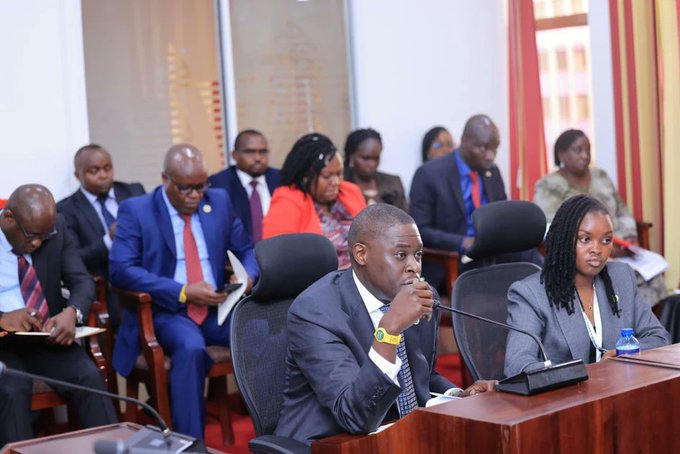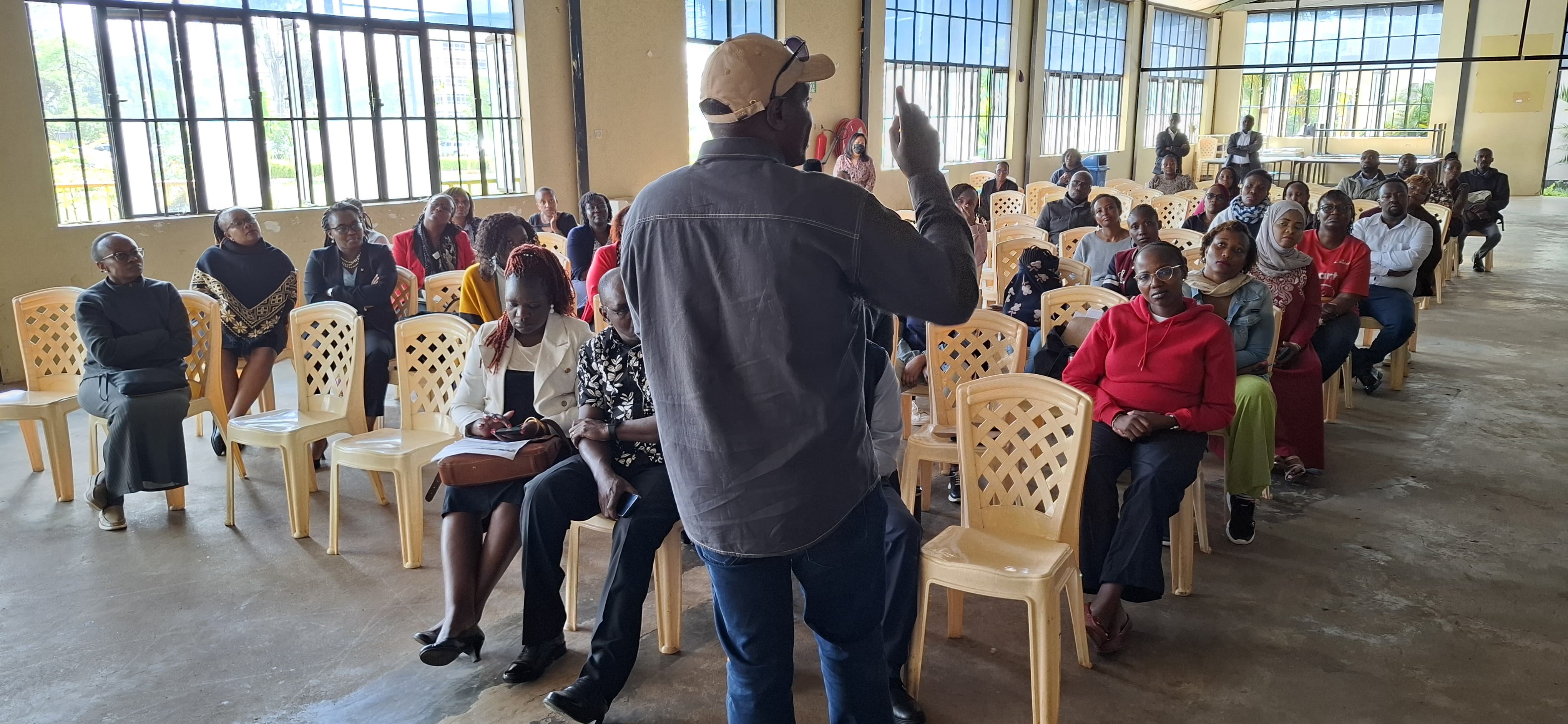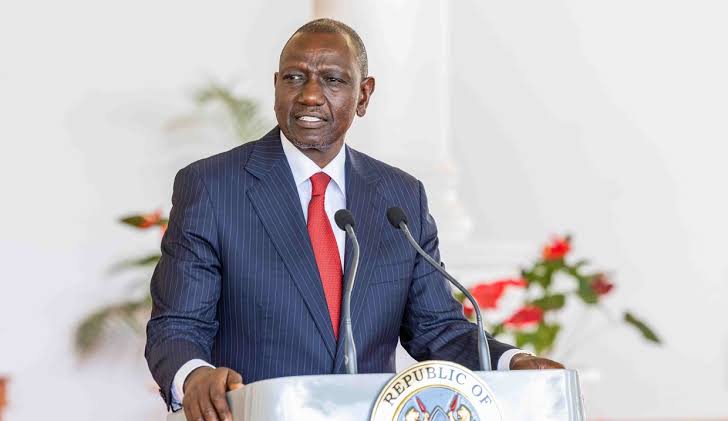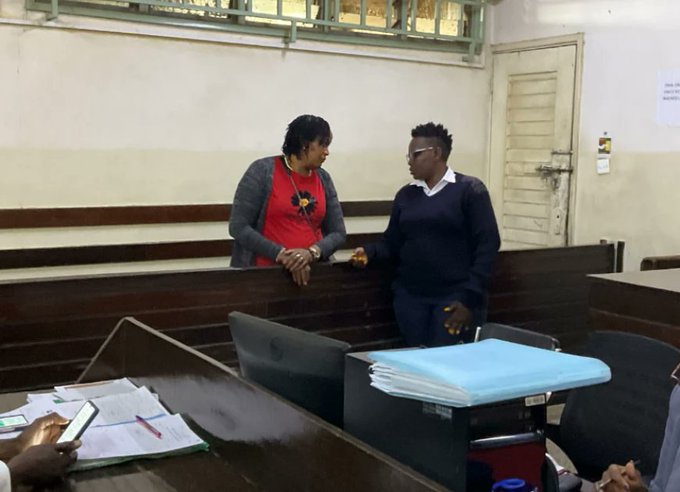-
 Tanzania Loses Over KSh 30 Billion to Internet Shutdowns, Report Reveals
Tanzania Loses Over KSh 30 Billion to Internet Shutdowns, Report Reveals
-
 Governor Sakaja reports growth in ICU capacity in Nairobi County hospitals
Governor Sakaja reports growth in ICU capacity in Nairobi County hospitals
-
 Parents Demand Dialogue, Accountability Over Proposed Parklands Baptist School Fee Hike
Parents Demand Dialogue, Accountability Over Proposed Parklands Baptist School Fee Hike
-
 KIDERO WINS CORRUPTION CASE
KIDERO WINS CORRUPTION CASE
-
 'BROAD - BASED UNITY CONTINUES' SAYS ARATI
'BROAD - BASED UNITY CONTINUES' SAYS ARATI
-
 Reuben Ndolo Recaptures Commonwealth Boxing Council Top Seat
Reuben Ndolo Recaptures Commonwealth Boxing Council Top Seat
-
 KENYA TO FACE SENEGAL IN INTERNATIONAL FRIENDLIES
KENYA TO FACE SENEGAL IN INTERNATIONAL FRIENDLIES
-
 AU Slams Tanzania Polls
AU Slams Tanzania Polls
-
 KENYA, QATAR SEAL DEAL
KENYA, QATAR SEAL DEAL
Tanzania Loses Over KSh 30 Billion to Internet Shutdowns, Report Reveals

Tanzania’s economy has lost more than KSh 30 billion following a series of internet disruptions and social media restrictions imposed around the 2025 general elections, according to a new report by the digital rights group Paradigm Initiative (PIN). The study highlights how the five-day nationwide internet blackout, coupled with the prolonged suspension of the social media platform X (formerly Twitter), dealt a heavy blow to trade, communication, and digital innovation in the country.
The internet shutdown, which lasted for five days and six hours between October 29 and November 3, 2025, is estimated to have cost the country about KSh 9 billion. Meanwhile, the ongoing ban on X, which began in May 2025, has reportedly drained an additional KSh 21 billion from the economy. The cumulative loss of approximately KSh 30 billion underscores the growing economic vulnerability of nations that restrict internet access in politically sensitive periods.
PIN’s analysis shows that beyond the direct financial losses, the disruptions negatively affected small businesses, freelancers, and digital entrepreneurs who depend on online platforms for daily operations. The report also notes that the shutdown hindered e-commerce, fintech transactions, and communication across key sectors, disrupting livelihoods and eroding investor confidence in Tanzania’s digital economy.
The organization further warned that restricting internet access during critical times such as elections undermines democracy and citizens’ rights to free expression and information. It urged African governments to prioritize digital freedom and adopt less intrusive measures when addressing concerns over online content or misinformation.
The Tanzanian case serves as a cautionary example for other nations in the region. Experts note that as East Africa’s digital economy continues to expand, internet disruptions not only stifle innovation but also risk long-term economic instability. PIN has called on regional bodies, including the African Union, to push for stronger protections against politically motivated internet shutdowns.
With global dependence on digital connectivity at an all-time high, the report concludes that internet access is no longer a luxury but an essential economic and social right — one that, when interrupted, can cost nations billions and set back years of progress in digital transformation.




Comments (0)
No comments yet. Be the first to comment!